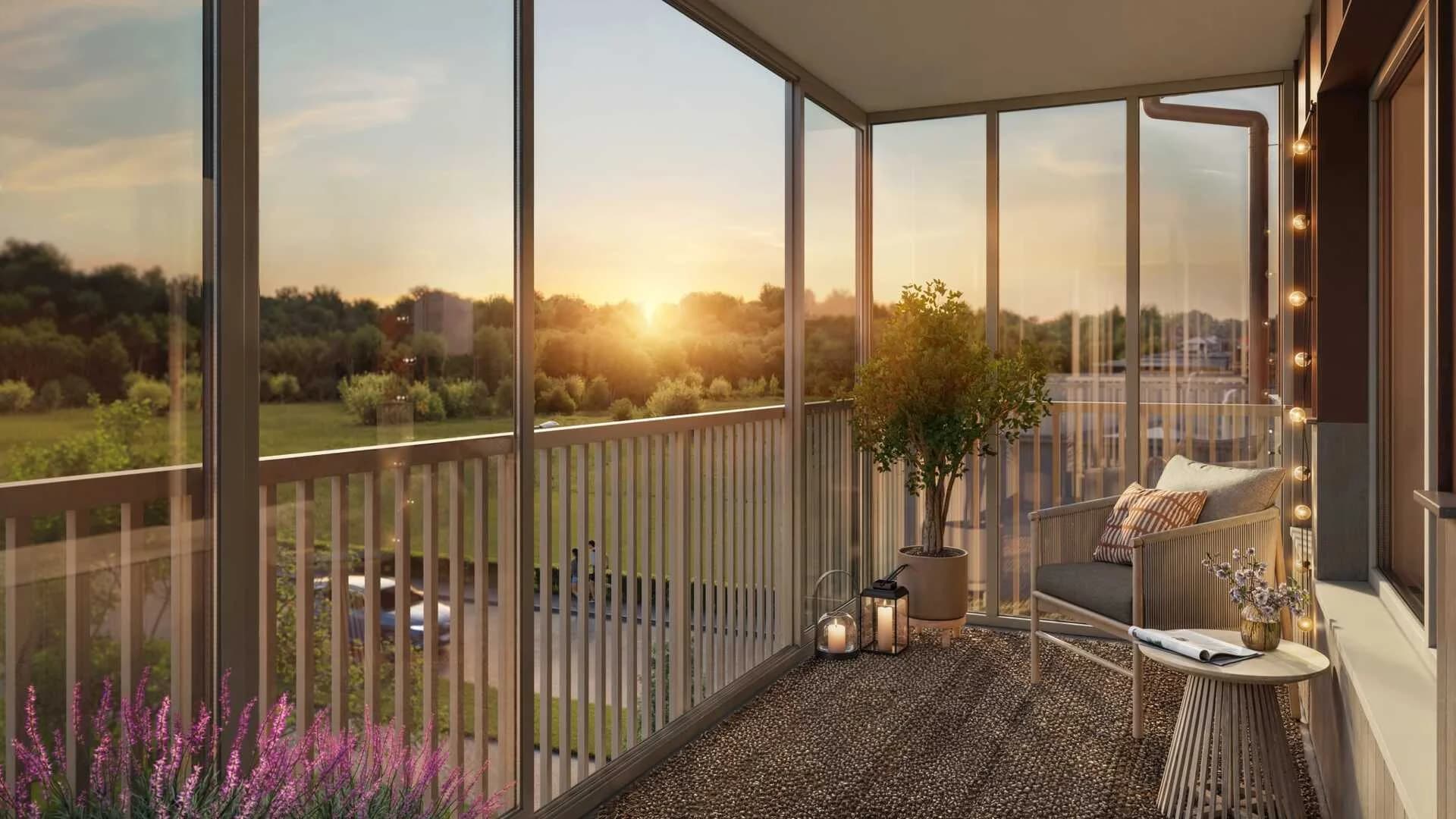Riksbyggen is a Swedish cooperative organisation founded in 1940 in response to acute housing shortages and high unemployment among building workers. The initiative came from various building trade unions, setting out to provide affordable, quality housing and job opportunities in post-war Sweden. The first housing association under Riksbyggen's management was registered in Gothenburg in 1941.
Today, Riksbyggen has evolved into a significant player in the Swedish housing sector, managing about 1,700 housing associations nationwide. The organisation is collectively owned by building unions, tenant-owner co-operatives, and other national cooperative groups. Approximately 2,500 employees now work for Riksbyggen, with the majority involved in property management, including financial and technical services, maintenance, and energy-saving projects. More than half a million residents live in properties managed by Riksbyggen.
Riksbyggen is especially active in the Stockholm region, where it develops new residential buildings, renovates existing stock, and works on sustainability efforts such as installing solar panels and implementing energy recovery systems. Examples of recent projects include the conversion of historical buildings into housing and the integration of green technology into new developments.
Aside from building and managing properties, the organisation’s scope covers educational initiatives, lobbying for tenant rights, and providing administrative support to member co-operatives. Riksbyggen’s structure, established under Swedish cooperative law, allows resident-members shared ownership and governance over their living environment. The company continues to focus on long-term community value, balancing modernisation with its cooperative origins.
